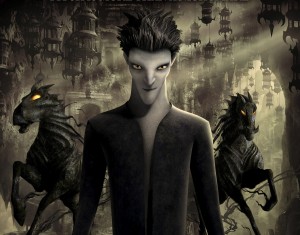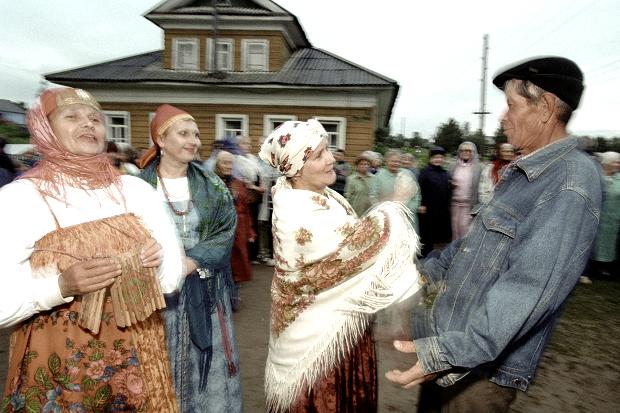 What were your favorite books as a child? Did you have a favorite character or hero?
What were your favorite books as a child? Did you have a favorite character or hero?
When I was young, we were constantly exposed to the works of Peter Rosegger, who was a hero in Styria, my home state. He wrote incredible stories with a focus on our region, so he was one of the favorites.
We also constantly read these terribly violent stories by the Grimm Brothers. I mean, the cleaned-up versions of these are nowhere near the horror stories we used to read. It’s no wonder my brother was a total scaredy-cat and afraid to walk home alone after you realize he had been exposed to the tales of the Grimm Brothers.
http://www.nytimes.com/2012/12/30/books/review/arnold-schwarzenegger-by-the-book.html?ref=books
Who knew that Arnold Schwarzenegger would be the go-to guy for what to read next? I cannot help but think of Neil Gaiman’s wonderful line about his own craft every time I see a picture of the Governor/Terminator: “I make things up and write them down.”








